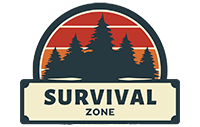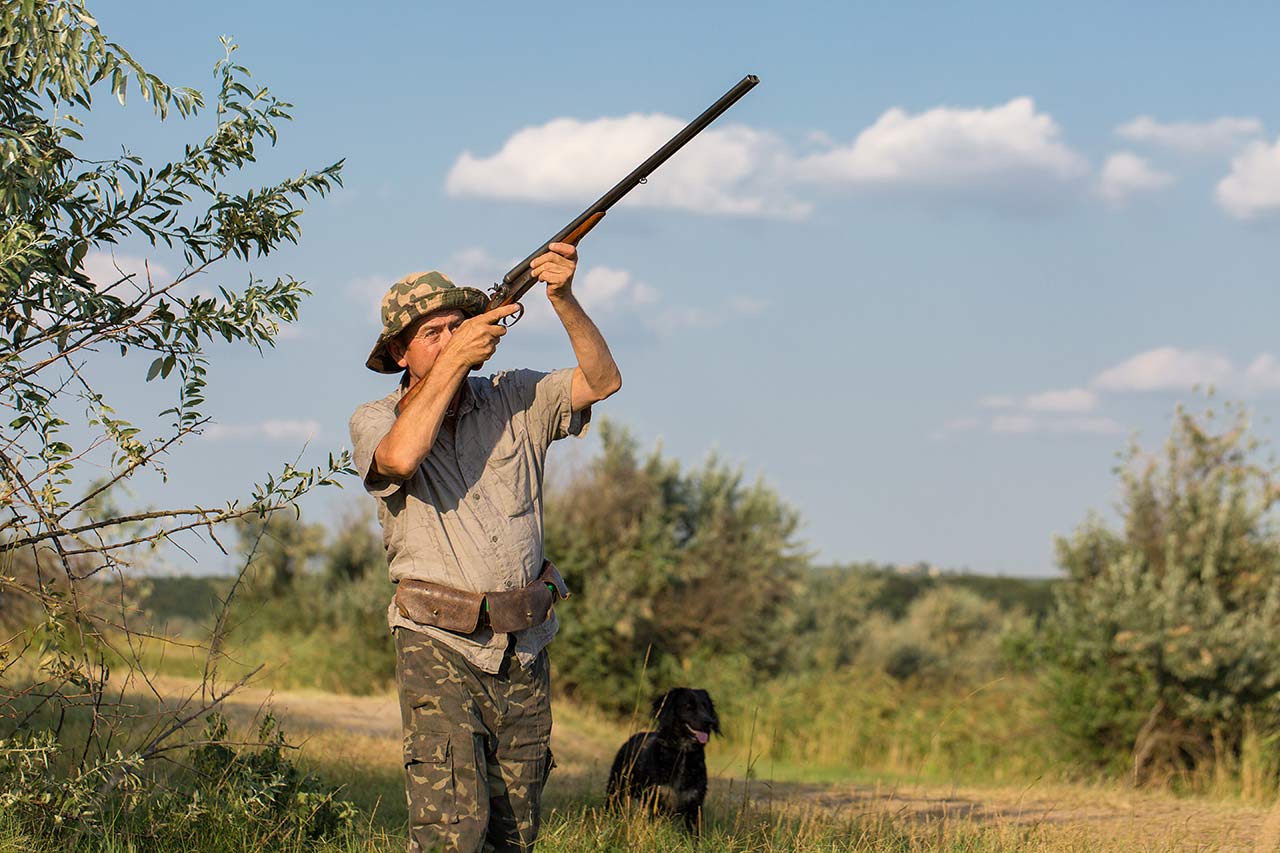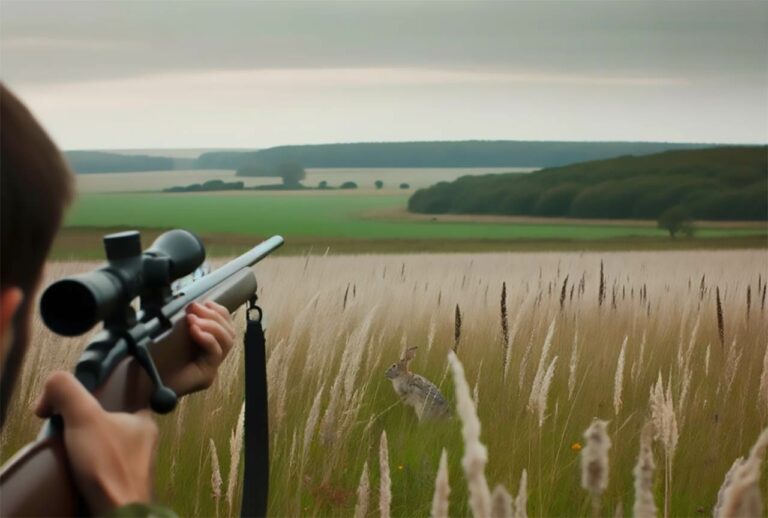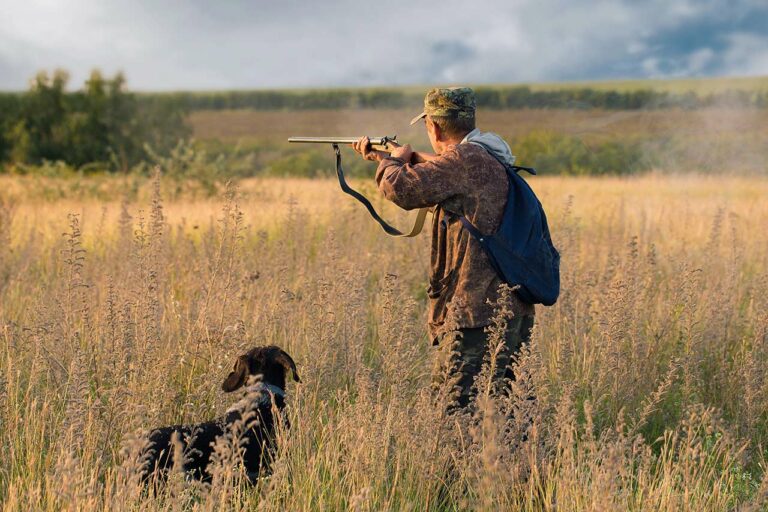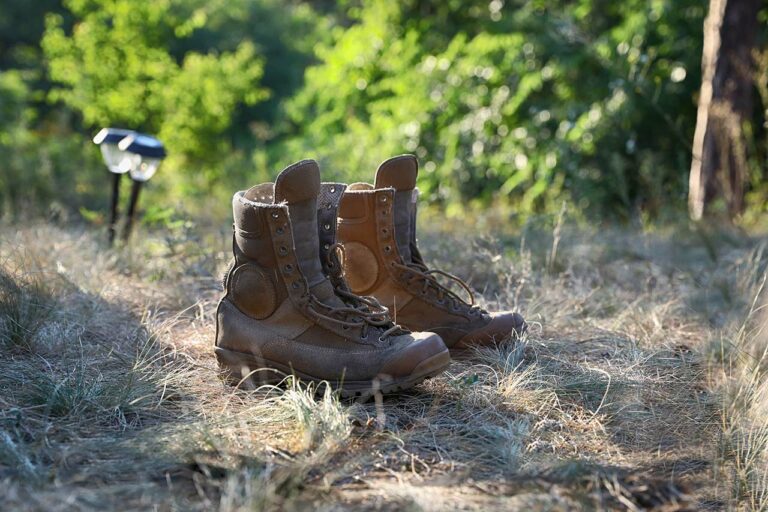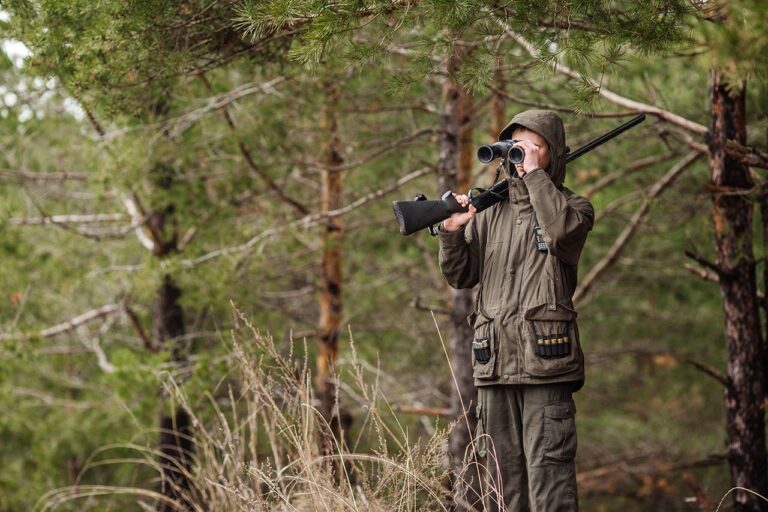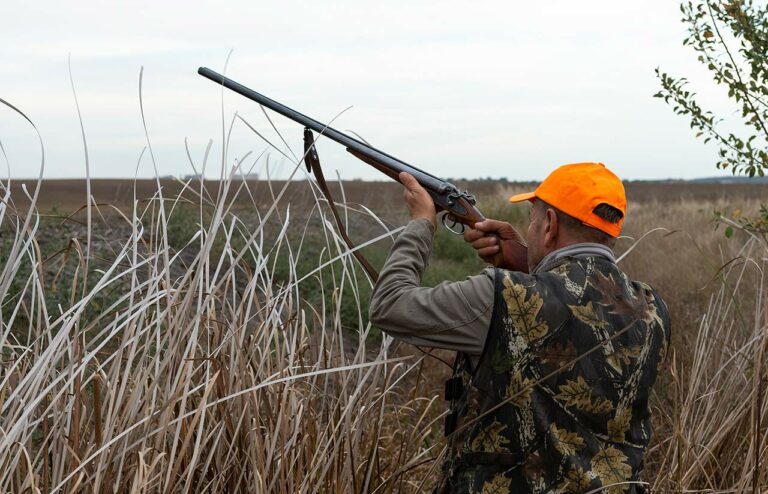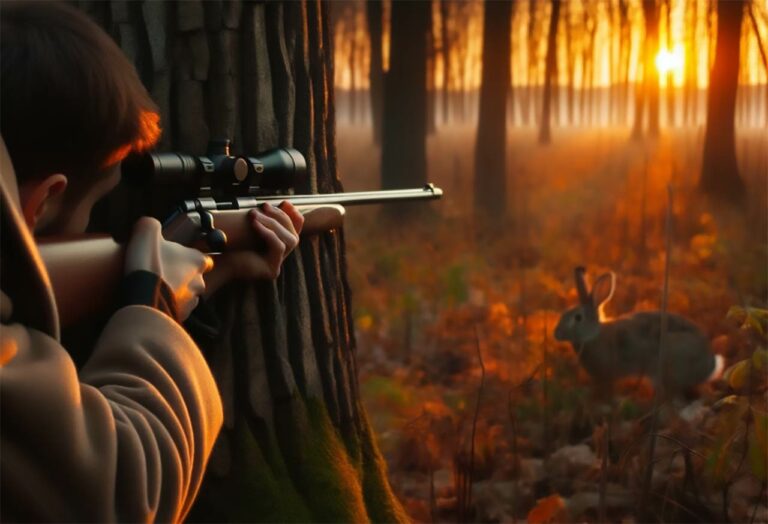Duck Hunting Tips For Beginners (Strategies And Techniques)
Duck hunting can be an exciting, rewarding outdoor activity for beginners. It can also be a smart hunting choice for survivalists, as ducks are common in many regions.
As a first-time duck hunter, you might feel overwhelmed with all the gear, techniques, and tricks involved in this sport, and there are a few things to learn. But duck hunting is a useful, rewarding hunting skill, once you grasp the basics.
Understanding Duck Hunting
Basics of Duck Hunting
Duck hunting is a popular sport and tradition in North America, with hunters having various reasons for hunting the species, including food, sport, and conservation purposes. As a beginner, it’s essential to familiarize yourself with the fundamentals of duck hunting to increase your chances of success and enjoyment.
Hunting Regulations in the US
Before heading out on your first duck hunt, it’s crucial to familiarize yourself with the hunting regulations in your area. In the U.S., requirements vary from state to state, but there are general guidelines that can help you understand the kind of paperwork you might need.
Hunting License
All hunters are required to obtain a hunting license for the respective state they plan to hunt in. This license is typically available through dedicated retailers, online, or via your state’s wildlife agency.
Duck Stamp
In addition to a hunting license, waterfowl hunters must purchase a Federal Duck Stamp. The revenue from Duck Stamp sales goes directly toward habitat conservation efforts and helps secure the future of the sport.
Permits and Bag Limits
Depending on the state, you may need additional permits for specific hunting areas or species.
It’s also essential to understand bag limits, which set the maximum number of ducks that can be harvested each day.
Failure to comply with these regulations could result in fines or revocation of your hunting privileges.
Preparation for Duck Hunting
Identifying Hunting Spots
Scouting is a crucial aspect of duck hunting, as it helps you identify the best hunting spots. Knowledge of your local lakes, roost areas, and different terrain types can increase your chances of success on your first duck hunting trip. Spend some time exploring and familiarizing yourself with these various habitats where ducks may be found.
Lakes
Early mornings are an excellent time to scout for ducks on lakes, as they tend to be more active during this period. Keep an eye out for feeding and resting areas as ducks follow their daily routines.
Roost Areas
Roost areas can be a goldmine for duck hunters. These are often found in marshy or swampy areas with a mix of water and vegetation. Look for signs of duck activity, such as feathers and tracks, as well as spots where ducks loiter overnight.
Terrain
Understanding the terrain in your hunting location can help you identify potential duck hotspots. From open fields to wooded areas and swamps, different habitats can attract various types of ducks. Take note of any transition areas, such as shorelines, where multiple habitats converge – these can be attractive to ducks as well.
Private Access
The ideal hunting location is one that offers plenty of duck activity while not trespassing on restricted areas. Some of the best spots may be on private property. Talk to landowners in the area, and ask if you can have access to their land to hunt. Since ducks can cause damage to crops and gardens, landowners may be happy for the assistance at keeping populations at bay.
Choosing the Right Equipment and Gear
When it comes to duck hunting, the right gear is essential. Here’s the gear that can get you started on your first hunt:
Shotgun
The most important tool you’ll need for a duck hunt is a reliable shotgun. A 12-gauge is a popular choice with many hunters for its versatility and effectiveness in taking down ducks. Make sure to practice using your shotgun to improve your accuracy and speed before your hunt.
Clothes
Your clothing for a duck hunt should be waterproof and provide camouflage to blend in with your surroundings. Key pieces of gear include:
- Waders: Waterproof boots that come up to your thigh or waist, protecting you from cold, wet conditions
- Camouflage jacket and pants: Opt for patterns that match the terrain and vegetation in your hunting area
- Gloves: Waterproof and insulated to keep your hands warm and dry
- Vest: A camo vest with multiple pockets for carrying shells, calls, and other essentials
- Hat or cap: A camo hat or cap to further aid in blending in with your environment
Decoys and Calling
Using decoys and calls properly is a vital part of successful duck hunting. Decoys help lure ducks into range, while calls mimic the sounds of ducks and convince them to come closer.
Decoys
Invest in a good set of decoys that mimic a variety of duck species, ensuring more successful hunting. Decoy spread tactics can vary, but a basic spread involves placing 12-24 decoys in a J, V or X formation to entice the ducks to land within the gaps.
Calls
Duck calls also play an important role in luring ducks closer to your location. Different types of calls exist, and it’s essential to familiarize yourself with them and practice using them effectively. Some common duck calls include:
- Single-reed calls: Great for more experienced hunters as they can produce a wide range of sounds
- Double-reed calls: Easier for beginners to use, but offers less range than single-reed calls
- Whistle calls: Mimic the sounds of specific duck species, such as teal or pintail
Accessories
Along with your gun, clothes, decoys, and calls, you’ll need a few other items to round out your beginner duck hunting kit:
- Blind bag or backpack: To carry your gear
- Binoculars: For scouting ducks
- Thermos or Insulated Bottle: To stay hydrated during your hunt
Some snacks and comfort items, like a padded cushion, also won’t hurt.
Duck Hunting Strategies
Understanding Duck Behavior
You can have all the best duck-hunting gear on the market, but to be a successful duck hunter, you still need to understand duck behavior. Acquainting yourself with the feeding, roosting, and flight patterns of the ducks in your area will help you in predicting their movements during hunts. Spend time observing waterfowl species in their natural habitats, noting their preferred areas and activities during different times of the day.
Effective Hunting Strategies
Location
Selecting the right location is crucial when duck hunting. Scout potential hunting areas before the season starts, looking for spots with abundant waterfowl activity. Keep in mind, ducks tend to stay within a few miles of their roosting and feeding grounds. Consider both public and private land options, ensuring you have proper permissions and maintain local hunting regulations.
Decoys
Using decoys effectively is an essential tip for any beginner. When setting up your duck decoys, create a realistic pattern that mimics natural bird behavior:
- Spread decoys apart with some pairs grouped closer together
- Include a mix of species
- Face decoys into and away from the wind
- Leave a gap or “landing zone” for ducks to approach
Cover
Staying concealed is important during a duck hunt. Use natural cover like tall grass, bushes, and trees, or invest in a good duck blind that complements the surroundings. Remember to also camouflage your face and hands, as any exposed skin can alert ducks to your presence.
Calling
Learning to call ducks effectively can improve your success in the field. Practice using different calls for various duck species, paying close attention to the tone, pitch, and rhythm. Observe ducks in their natural environment, and try to mimic their vocalizations. Keep in mind, overcalling can scare ducks away, so use calls sparingly and only when necessary.
Shooting
Improving your shooting skills is essential for any duck hunter. Practice shooting at a range or with clay pigeons, focusing on your stance, aim, and follow-through. In the field, patience is key — always wait for ducks to enter your effective shooting range before taking a shot.
Frequently Asked Questions
What essential gear is needed for first-time duck hunters?
As a beginner duck hunter, you’ll need some basic gear to achieve success on your first hunt. Essential items include:
- A shotgun (preferably 12-gauge)
- Steel shot ammunition
- Camouflage clothing to help blend in with your surroundings
- Waders for navigating through marshes and swamps
- Decoys and calls to attract ducks
What should beginners avoid when duck hunting?
When you’re just starting out with duck hunting, it’s important to avoid some common mistakes:
- Don’t overdo the calling. Too much calling can scare ducks away instead of attracting them.
- Don’t shoot at ducks that are too far away. This can lead to wounded birds or missed shots.
- Don’t set up in open areas where you’re easily spotted by incoming ducks.
- Avoid hunting in the same location every time, as this can lead to a reduction in the number of ducks in the area.
What are some effective strategies for duck hunting in marshes?
Hunting in marshes can be challenging, but there are several effective strategies to help you bag some ducks:
- Focus on smaller, shallow marshes where you can wade, making it easier to set up decoys and calls.
- Find areas with dense vegetation or natural cover, as these provide better concealment for hunters.
- Hunt near good food sources, such as submerged vegetation (like aquatic plants) or agricultural fields.
- Set up decoys in a realistic pattern with an opening to funnel ducks toward your hiding spot.
What is the optimal time of day for duck hunting?
The best time of day for duck hunting usually falls around sunrise and sunset when ducks are most active. Mornings are generally considered the most productive, but late afternoons can also provide good opportunities for success. Just be sure to check the legal hunting times in your area, as regulations may restrict you from hunting before or after certain times of the day.
What are the key differences in hunting various duck species?
There are multiple duck species, and their behavior can vary, requiring different hunting strategies:
- Mallards: These ducks are known for their cautious nature. Set up in a good hiding spot with decoys and calls that mimic their distinct vocalizations.
- Pintails: These ducks often fly high and scout from above, so make sure your concealment is top-notch and use calling sparingly.
- Teal: Agile and fast-flying, these ducks are found in shallow marshes. Focus on using high-quality decoys to draw their attention and be prepared for quick shots.
- Diving ducks (like scaup and redheads): These ducks typically prefer larger bodies of water. Using a boat and setting up in deeper waters with diving duck decoys can be effective.
Remember to adapt your strategies according to the specific duck species and their behavior to increase your likelihood of a successful hunt.
